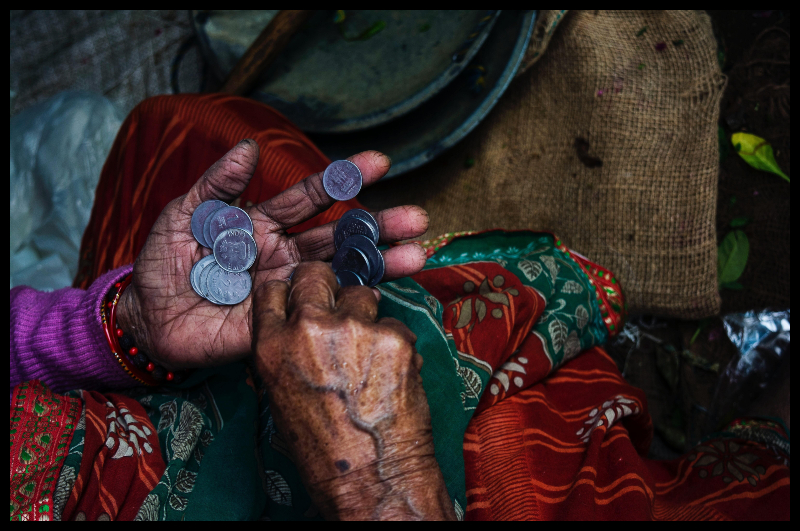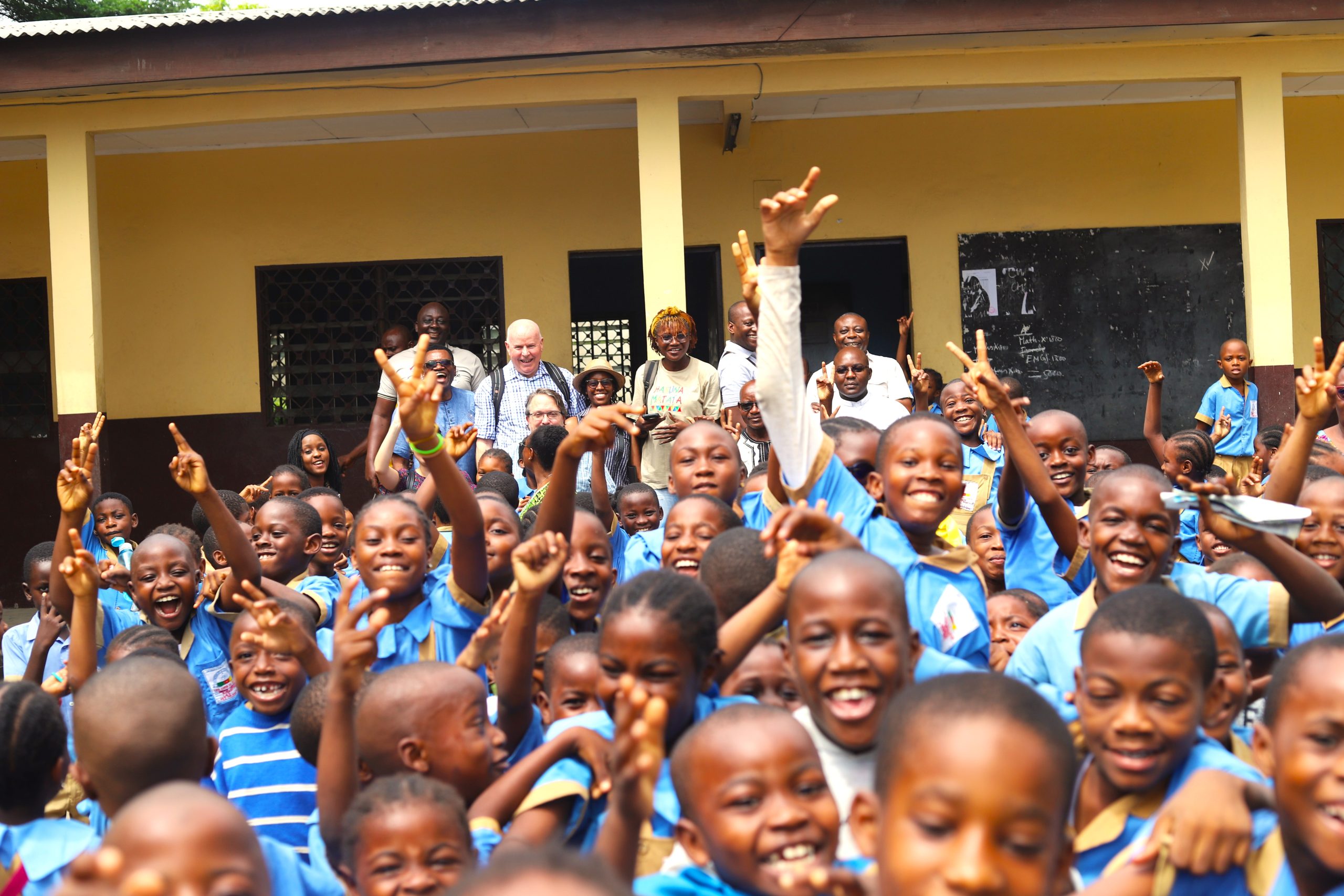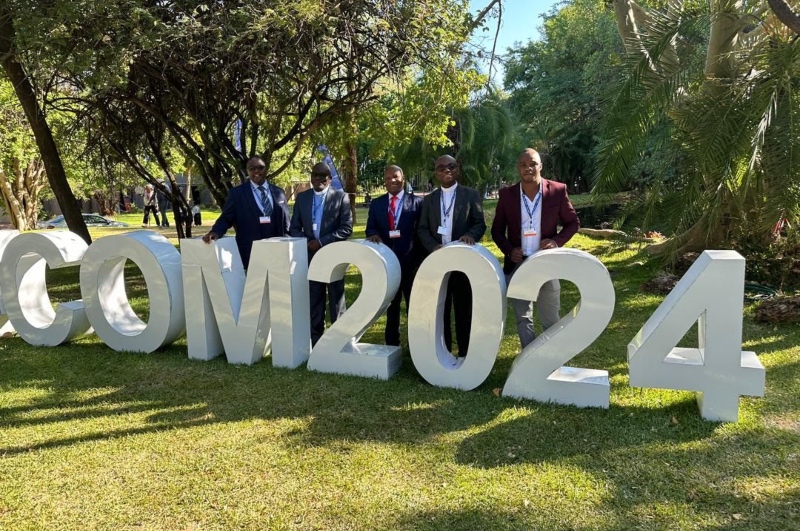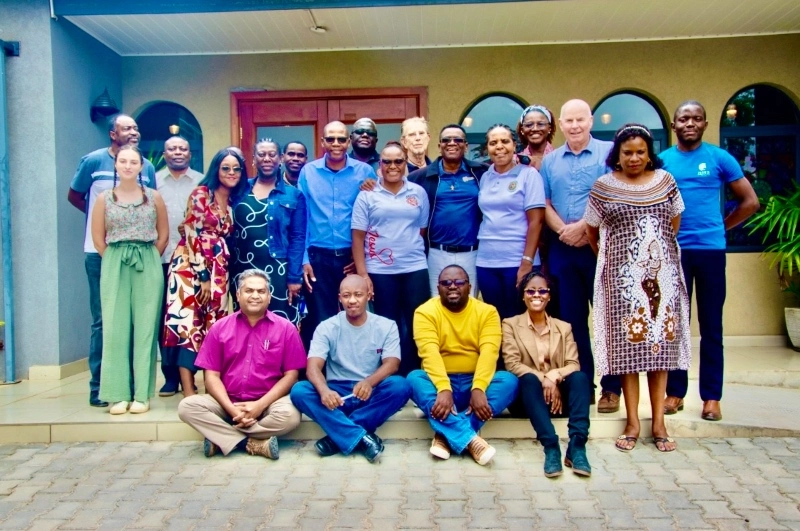

In a significant initiative to foster social transformation, the African Jesuit AIDS Network (AJAN), in collaboration with the Comboni Alliance for Social Entrepreneurship (CASE) and AgroMwinda, conducted a three-day training program on social entrepreneurship from June 20-22, 2024.
The event, held at Boboto College in Kinshasa, aimed to equip youth from 14 parishes across seven dioceses with innovative skills to address local social challenges.
The training, titled "Social Entrepreneurship for Job-Creation for a Self-Reliant Church," brought together 41 participants, including youth and accompanying parish priests from dioceses such as Bx Bakanja, St. Esprit, Christ Roi Mangobo, Dame de la Misericorde de Cimpunda Bukavu, St. Pierre Claver, St. Sauver, and Sacre Cœur. The program sought to introduce participants to the concept of social entrepreneurship within parish structures, encouraging them to develop sustainable innovations that intertwine faith, youth mindset, and sustainable practices.
Fr. Ismael Matambura SJ., AJAN Director, inaugurated the training by highlighting its objective to unlock the youth's potential and develop innovative solutions to community problems. He emphasized the importance of social entrepreneurship in bridging gaps in healthcare delivery and empowering communities through education and advocacy. "Even as we fight HIV, we still have people dying of Tuberculosis (TB), Human papillomavirus (HPV), Cholera, Hepatitis C, and other tropical diseases. For us to succeed, we need innovative approaches and sustainable solutions that prioritize accessibility, affordability, and scalability," he stated.
The first session, led by Bro. Jonas Dzinekou Yawovi, Director of the Institute for Social Transformation at Tangaza University in Nairobi, Kenya, introduced participants to social entrepreneurship. He explained how promoting new social enterprises and innovations can address local social issues, providing economic, social, and environmental benefits. Participants were encouraged to develop sustainable solutions inspired by the Gospel and the values of the Kingdom of God.
The training also introduced the participants to the 3-Zero club initiative, inspired by Nobel Peace Laureate Professor Muhammad Yunus's vision of achieving zero net carbon emissions, zero wealth concentration to end poverty, and zero unemployment through entrepreneurship. On Day 2, Mr. Symphorien Pyana, CEO of AgroMwinda, shared insights on addressing unemployment and poverty through personalized support and adapted training for youths and farmers in the DRC. Participants were encouraged to develop business plans, strengthen management skills, and innovate solutions to community challenges.
On the final day, participants received Samsung smartphones from AgroMwinda to track their social innovation projects and develop business plans. They then formed groups to create action plans based on their parishes, focusing on social entrepreneurship models introduced during the training.
Olivier Nzundu from Sacre Coeur Kikwit expressed optimism about creating a pure water plant in his parish, highlighting the importance of access to clean water. Ms. Bunkatu Lisette noted that the training inspired her creativity and equipped her with skills to participate in her diocese's sustainable development.
The training concluded with a commissioning mass, where participants symbolically lit candles to signify their commitment to social transformation in their communities. The partnership between AJAN, CASE, and AgroMwinda aims to empower youth in the DRC to become social innovators, promoting professional development and economic growth.
AJAN and its collaborators remain committed to harnessing social entrepreneurship to further the Church's social mission, giving hope, and enhancing the generativity of young people and local communities.
For more information, visit AJAN, CASE and AgroMwinda.
Related Articles






Select Payment Method
Pay by bank transfer
If you wish to make a donation by direct bank transfer please contact Fr Paul Hamill SJ treasurer@jesuits.africa. Fr Paul will get in touch with you about the best method of transfer for you and share account details with you. Donations can be one-off gifts or of any frequency; for example, you might wish to become a regular monthly donor of small amounts; that sort of reliable income can allow for very welcome forward planning in the development of the Society’s works in Africa and Madagascar.
Often it is easier to send a donation to an office within your own country and Fr Paul can advise on how that might be done. In some countries this kind of giving can also be recognised for tax relief and the necessary receipts will be issued.



